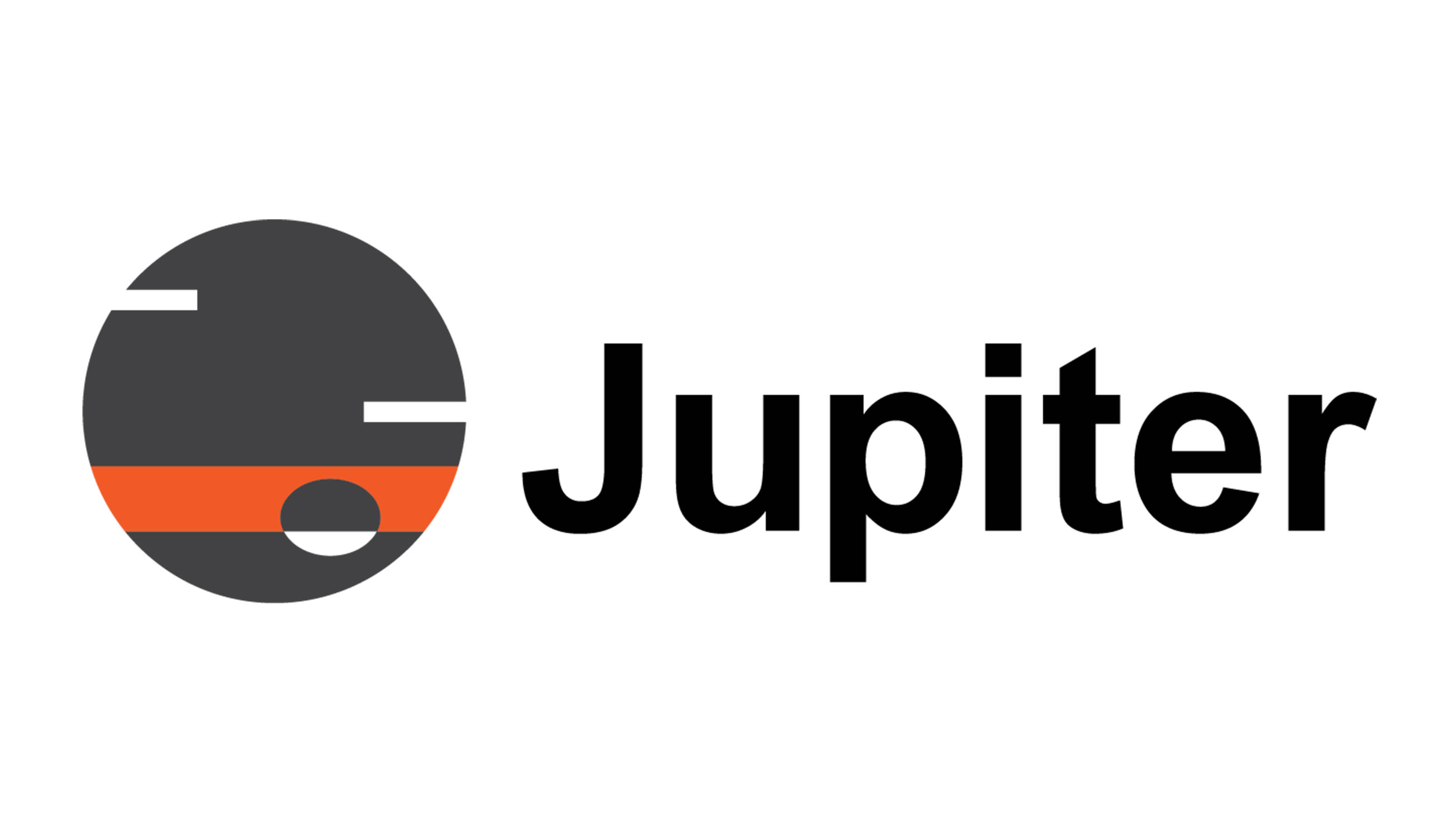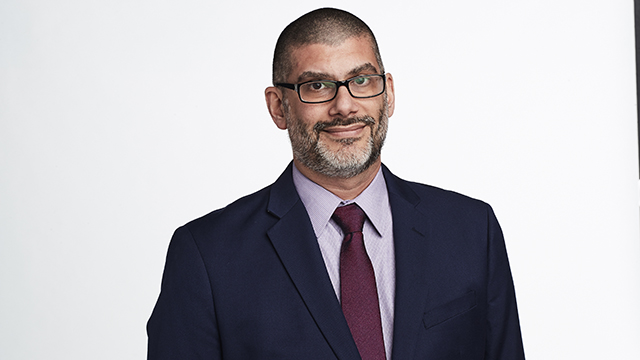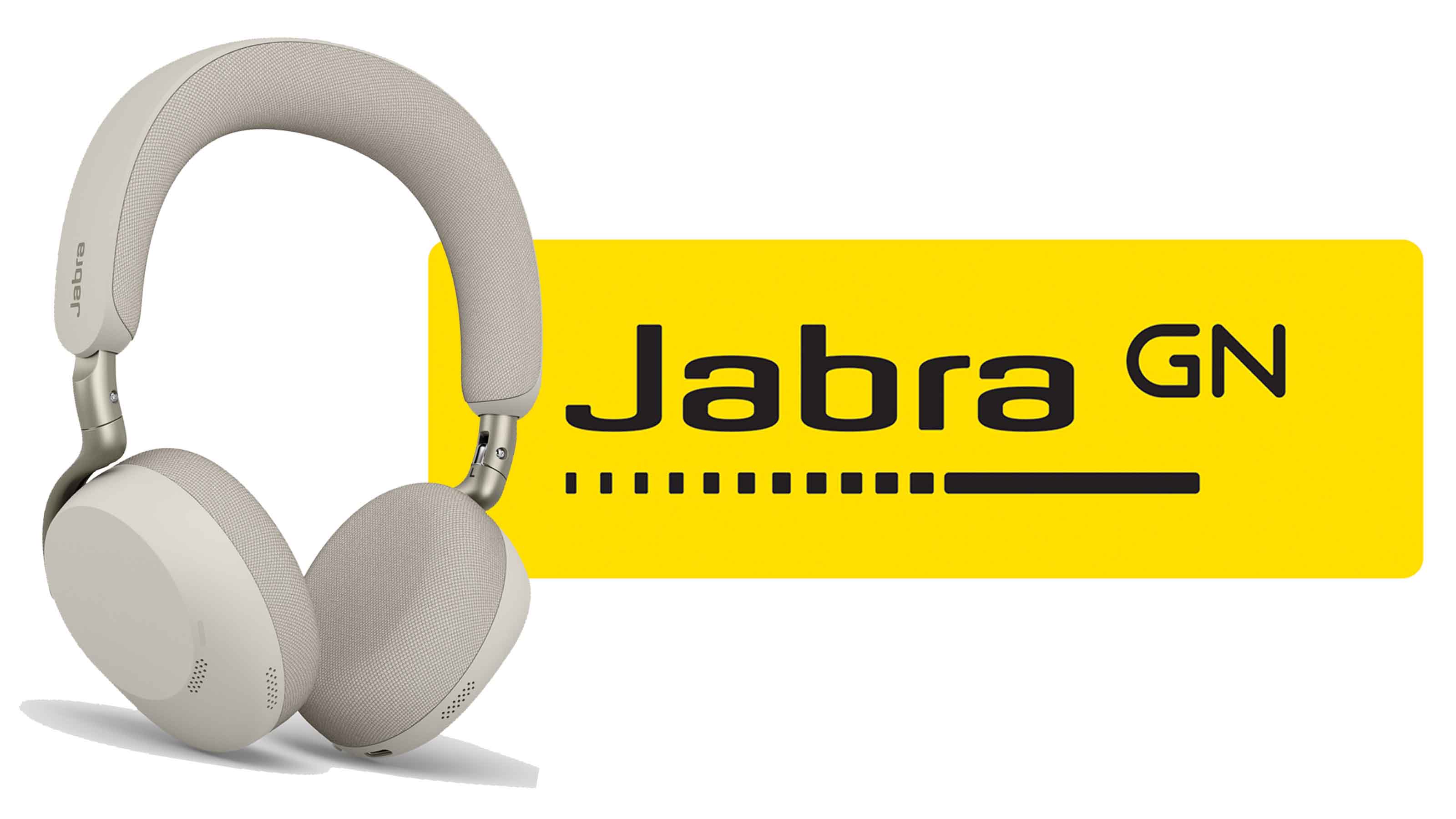Suirui International Required to Divest 2020 Acquisition of Jupiter Systems
A presidential order is prompting the separation from the Hong Kong-based company, as Jupiter Systems technology is installed in mission-critical control rooms across U.S. government agencies.

A daily selection of features, industry news, and analysis for AV/IT professionals. Sign up below.
You are now subscribed
Your newsletter sign-up was successful

On July 8, 2025, President Donald Trump issued a presidential order, retroactively prohibiting the February 2020 acquisition of Jupiter Systems by Hong Kong-based Suirui International and its larger Suirui Group. The company was given 120 days to divest its stake in Jupiter Systems' assets and property.
TAA-compliant video wall processors from Jupiter Systems power mission-critical control rooms across U.S. agencies, making it a high-stakes player in the national security conversation. According to Craig Stumbaugh, VP of global sales for Jupiter Systems, Suirui has been referred to as the "Zoom of China" because of its dominance in Asian markets—but their reach ends there.
The investigation of the acquisition began in late 2024 when questions around whether the proper documentation was submitted to the Committee on Foreign Investment in the United States (CFIUS). While the investigation has not uncovered any security breaches, the review by CFIUS signals Washington's willingness to retroactively block a deal viewed as strategically risky.

"With today's political and econmic climate, the U.S. government wants to ensure no sensitive information Is shared with foreign-owned companies," explained Stumbaugh. "That's why the divestment process Is so important. It confirms there was never any access to our technology. Suirui never had our intellectual property, and they never had access to the systems we provide to the U.S. government. There was absolutely no exposure."
How did Suirui International not have access? According to Stumbaugh, the acquisition was simply an investment by Suirui International. "It was a financial investment, and there was no intermingling of IP or sharing of technology," he explained. "It was purely to get a [financial] return, and in that investment, kick off our new technology—the Pana 21:9 LCD displays."
Since the order, Jupiter Systems has been working closely with CFIUS. One factor that has streamlined the divestment process was that investment aspect; Stumbaugh explained that Jupiter Systems is not dependent on Suirui International for any technology or human resources. Another factor is location: Both Jupiter Systems and CFIUS are located in the United States, so communication can be expedited, which has been advantageous in this unique 120-day timeline.
"The order that was given by President Trump to divest in 120 days was one of less than 10 that have ever been executed in the 50-year history of CFIUS," Stumbaugh said. "And with the CFIUS team that we're working with, they have never seen one executed in 120 days. It's incredibly short. Normally, it's six or 12 months to go through this divestment process."
A daily selection of the top stories for AV integrators, resellers and consultants. Sign up below.
Familiarity is helping the process move smoothly. The company's American-made video processors are designed for mission-control environments, and several CFIUS members are customers of Jupiter Systems through military branches or government agencies.
Stumbaugh said the committee is also in total support of Jupiter Systems' success and longevity. That, paired with the company's U.S.-based production facility, has ensured there has been no impact in manufacturing, selling, producing, or support of Jupiter Systems products during the investigation and pending divestment.
"Suirui's investment in the development of the Pana series has plateaued and reached a point where the Jupiter team can move forward with advancements without their assistance," Stumbaugh added. "There's no additional investment required, so for the last 18 months, Jupiter Systems has been maintaining sufficient operation on our revenues and our business that we normally conduct worldwide."
At the time of publication, Jupiter Systems' new stakeholder(s) had not been determined. Stumbaugh said the government won't allow the sale to go from one Chinese entity to another, so he is providing input to aid in finding buyers or investors domestically.
Despite the challenges of the last few months, Jupiter Systems has not been deterred. Instead, Stumbaugh has found the proverbial silver lining. "As we move through this process, and we're about halfway through it, we're looking at it as an opportunity," he said. "To focus on rebuilding the relationships that we have, to build new relationships in our market, and to reinforce the fact that we've been a U.S.-based company for almost 45 years now, manufacturing video of all processors for the command-and-control space.
"Nothing has changed. The one thing that we've maintained is that our processors are always manufactured in our facility in California by our engineers that design them. We've maintained that same continuity of development and support and capability. And we want to continue to build on that success and also find new transformative applications or markets for those solutions as we move into the future."

Wayne Cavadi is the senior content manager of Systems Contractor News. Prior to taking a leap into the Pro AV industry, Wayne was a journalist and content lead for Turner Sports, covering the NCAA, PGA, and Major and Minor League Baseball. His work has been featured in a variety of national publications including Bleacher Report, Lindy's Magazine, MLB.com and The Advocate. When not writing, he hosts the DII Nation Podcast, committed to furthering the stories and careers of NCAA Division II student-athletes. Follow his work on Twitter at @WayneCavadi_2 or the SCN mag Twitter page.
